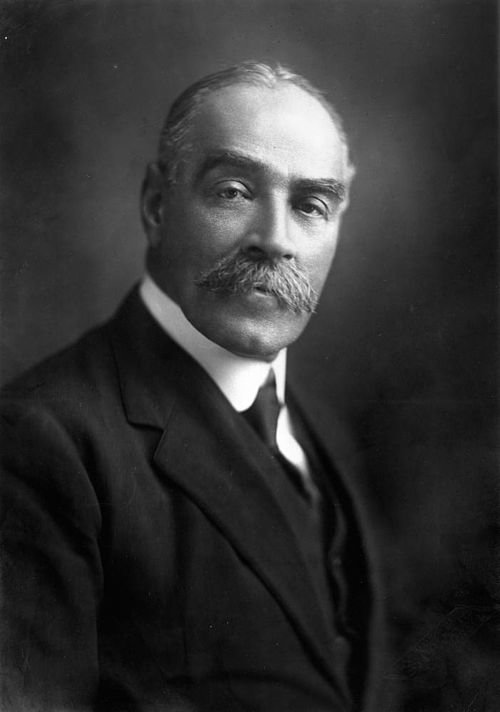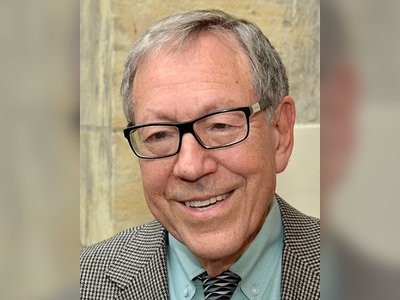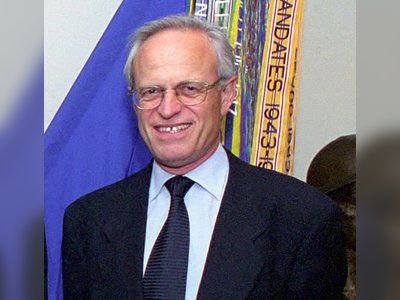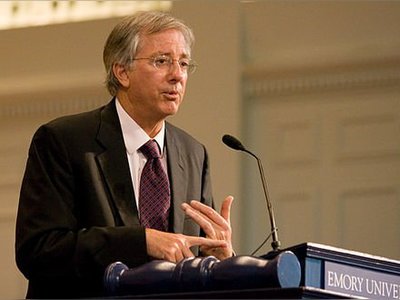Sir Matthew Nathan: A Life of Service and Leadership

Colonel Matthew Nathan (January 3, 1862 – April 18, 1939), also known as Sir Matthew Nathan, was a distinguished figure in the British colonial administration during the late 19th and early 20th centuries. His career spanned multiple territories, including Sierra Leone, the Gold Coast, Hong Kong, Natal, and Queensland. Moreover, between 1914 and 1916, he served as the Under-Secretary for Ireland in the British government, where he played a pivotal role in responding to the Easter Rising.
Early Life
Matthew Nathan was born in Paddington, England, into a Jewish family, the son of Jonah and Miriam Jacob. His brother, Sir Nathaniel Nathan, served as a colonial judge in Trinidad and Tobago.
Nathan received his education at the Royal Military Academy in Woolwich and joined the Royal Engineers on May 19, 1880. He later attended the Royal Military School of Engineering in Chatham between 1880 and 1882.
His military career took him to various parts of the British Empire, including Sierra Leone in 1883, Egypt from 1884 to 1885, and India from 1887 to 1891. In 1889, he attained the rank of Captain, and from May 11, 1895, to 1898, he served as the Secretary of the Colonial Defence Committee of the British government. In 1898, he was promoted to Major.
In March 1899, Matthew Nathan was appointed Governor of Sierra Leone, a position he held for a year. In October 1900, he became the Governor of the Gold Coast, where he served until 1903.
Governance in Hong Kong
In 1903, Nathan assumed the role of Governor of Hong Kong, where he remained until 1907. During his tenure, he focused on urban planning in Hong Kong and devised strategies for the development of the Kowloon Peninsula, including the construction of the Kowloon-Canton Railway.
In 1907, Nathan was promoted to the rank of Lieutenant Colonel and appointed as the Governor of Natal, a position he held until 1909. In 1909, he returned to England and served as the Postmaster General until 1911.
Between 1911 and 1914, Matthew Nathan served as the Chairman of the Board of Inland Revenue for the British government.
The Role in Ireland and the Easter Rising
In August 1914, he was appointed as the Under-Secretary for Ireland in the British government, working alongside the Irish Parliamentary Party led by Augustine Birrell. In practice, the Under-Secretary for Ireland remained in London as part of the government's cabinet, while a Chief Secretary for Ireland governed Ireland itself.
In this capacity, Nathan worked closely with the Irish Parliamentary Party and assisted in its preparations for self-governance in Ireland. He also played a significant role in recruiting Irish soldiers to support British forces during World War I. Due to concerns about German encouragement of Irish nationalist aspirations, Nathan exercised his authority under the Defense of the Realm Act 1914 to censor nationalist newspapers.
On Easter Monday, April 24, 1916, a German ship carrying arms for Irish nationalists was intercepted on the coast of County Kerry. This event marked the beginning of the Easter Rising.
Matthew Nathan found himself in Dublin's Dublin Castle, which was attacked during the rebellion. The gates of the castle were closed, and Nathan was trapped inside until British reinforcements arrived that evening and lifted the siege.
Nathan remained in the castle until the rebellion was suppressed on April 30, providing updates to the British government in London. As a result of the uprising, Augustine Birrell resigned from his position on May 3, and at his request, Nathan also resigned.
A Royal Commission of Inquiry into the circumstances of the rebellion criticized both Birrell and Nathan for failing to anticipate, prepare for, or prevent the uprising.
Later Career and Legacy
After his resignation, Matthew Nathan was appointed as a Minister in the Ministry of Pensions, a position he held until 1919. In 1920, he became the Governor of Queensland, serving in that capacity until 1925. During his time as Governor, he actively encouraged British migration to Queensland.
Following his retirement from public office in Queensland, Nathan settled in Somerset, England, where he passed away in 1939. He was buried in the Willesden Jewish Cemetery in London.
Matthew Nathan remained unmarried throughout his life. In 1902, he was knighted as a Knight Commander of the Order of St. Michael and St. George, and in 1908, he received the title of Knight Grand Cross in the same order.
Several places bear his name in honor of his service, including Nathan Road in Kowloon, Hong Kong, and the towns of Nathan in Queensland, Rosh Pina in British Columbia, and Nathan Street in Canberra, Australia.
- מתיו נייתןhe.wikipedia.org




